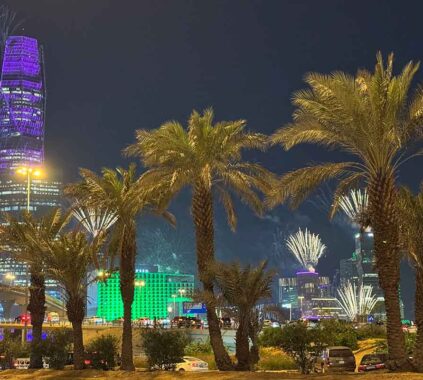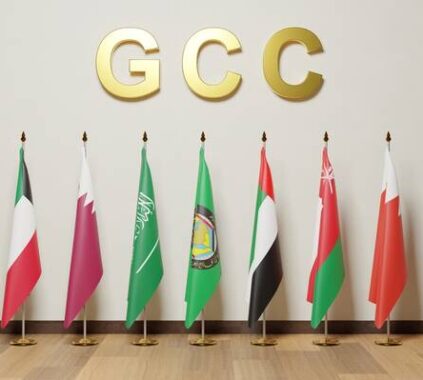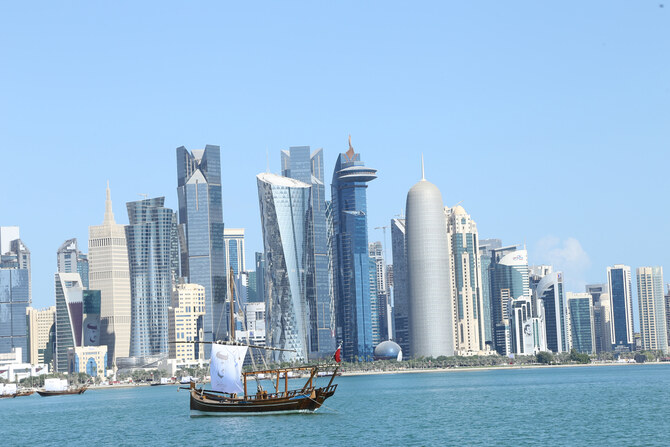RIYADH: According to S&P Global, business conditions in Egypt’s non-oil private sector somewhat worsened in March, as the country’s Purchasing Managers’ Index eased to 49.2 from 50.1 in February. Amid regional uncertainties and muted tourism, Lebanon’s PMI fell to a five-month low of 47.6, indicating lower economic activity.
With PMIs of 58.4, 55, and 51.6 in February, respectively, Saudi Arabia, the United Arab Emirates, and Kuwait all maintained their expansionary pace, in contrast to the patterns in Egypt and Lebanon. Egypt’s non-oil private sector entered contractionary zone due to weakening demand, which caused businesses to reduce their operations and purchases.
The non-oil sector saw a slight setback in March, as a drop in business conditions undermined the more expansionary tone established in the first two months of the year, according to David Owen, senior economist at S&P Global Market Intelligence.
He did point out that Egypt’s PMI was still above its long-term trend, indicating that companies were still operating in a comparatively stable environment. According to the most recent PMI survey, inflationary pressures have significantly decreased, with input costs increasing at their slowest rate in almost five years. A more stable pricing environment is shown by the fact that companies reported only a modest increase in selling prices, according to S&P Global.
Also Read:
Pioneering The Future Of Advanced Coating Systems With VIP Coatings: Alexander Voelkel
Dr. Karthika Singh: Transforming Lives As A Visionary Leader In Humanitarian And Entrepreneurship



































